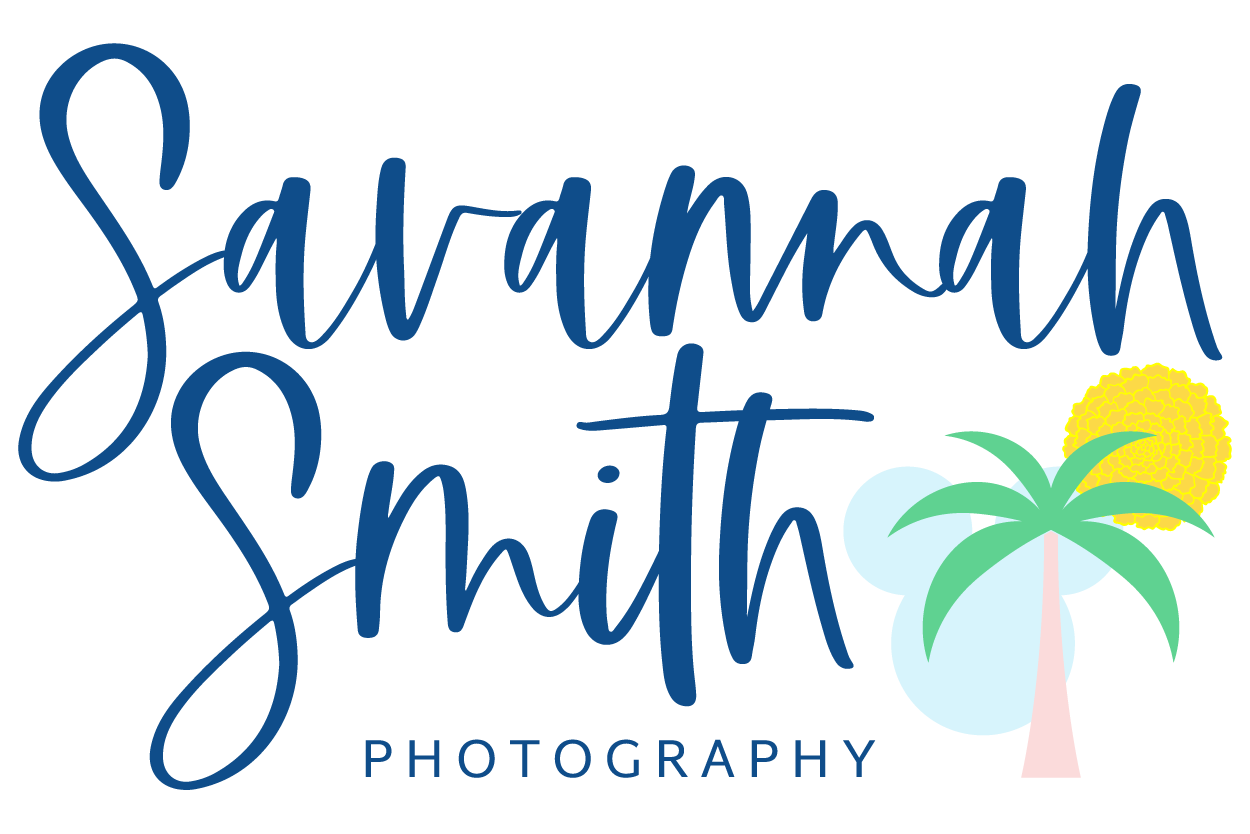Why I Choose To Shoot With Crop Sensor Cameras
In my head, writing this post had two thoughts in my head: the industry professionals who would gasp or judge and the brides and clients who wouldn't care or understand.
It feels like I'm saying a dirty word. Crop sensors have gotten such a bad rep within the industry and there's a fallacy that in order to be a true professional, you need to be shooting with full frame camera bodies. So today, I decided to share why I willingly shoot with crop sensor bodies.
First off, in case you're confused and not a photographer, there are tons of differences between full frame and crop sensor (APS-C) cameras. Full frame cameras have a larger sensor, improved low light performance, more options in the wide angle realm, better dynamic range and color depth and a much higher price tag.
You might be thinking, then why wouldn't you choose the better camera?
Better is relative.
Ansel Adams said, "The single most important component of a camera is the twelve inches behind it".
I choose to, and love shooting on my crop sensor bodies for a handful of reasons. None of which have anything to do with industry expectations or what other photographers are doing.
My APS-C bodies have gotten me this far and taught me everything I know. I've been shooting for so long now and I've been full time since 2014... my business and images have grown thanks to everything I've learned, not because of equipment upgrades. I do shoot on one of the best APS-C bodies on the market that has the same megapixels as most full frame bodies. It has dual card slots and amazing low light capability. So, while it's not full frame, it's far from hobby level. The Canon 7D Mark II APS-C has many of the same guts as Canon's full frame 1DX.
However, I know how to use my camera. I'm confident that if I needed to go back to my Canon Rebel and shoot a wedding on it, I could and be happy with the result. I've seen countless aspiring photographers who spend $3k+ on full frame bodies with crappy kit lenses and never learn to shoot in manual mode. It's not at all about the camera, it's about the user!
I've been able to invest in some incredible lenses. Because I didn't drop $10,000 on camera bodies, I have had the chance to bring home amazing glass. In my opinion, it's the lens that makes all the difference anyway.
I love the crop factor. Yes, I have to back up quite a bit to shoot with a long lens and I can't always grab a huge group photo without some forethought but truly I do love the crop factor. I can get intimate portraits of my clients without needing to be all up in their space. Crop sensors allow the user to capture the maximum amount of detail even at long distances.
My APS-C bodies are rugged as hell. If you've ever really watched a wedding photographer work, you'll know what I'm talking about here. We face hurricane-like weather, insane humidity, a million different types of terrain, drinks spilled on slippery dance floors, elbows to the face/cameras from drunk dancing guests, crazy cold and snow and every chance to drop your camera. I chose my current bodies because they're Canon's most rugged and sturdy cameras to date. They're a favorite of sports photographers who regularly get rolled onto by 200 lb football players and National Geographic photographers who spend months out exposed to the weather. It's fast as hell in any condition and made to withstand dirt, dust, rain and cold. Wedding photographers will completely understand what I mean when I stress the importance of having gear you can trust with people's once-in-a-lifetime memories.
In the end, I'm not jumping to move to full frame bodies because I love my current system (like, seriously love) and my clients don't care what gear I used to get the shot. They just care that I got it.



